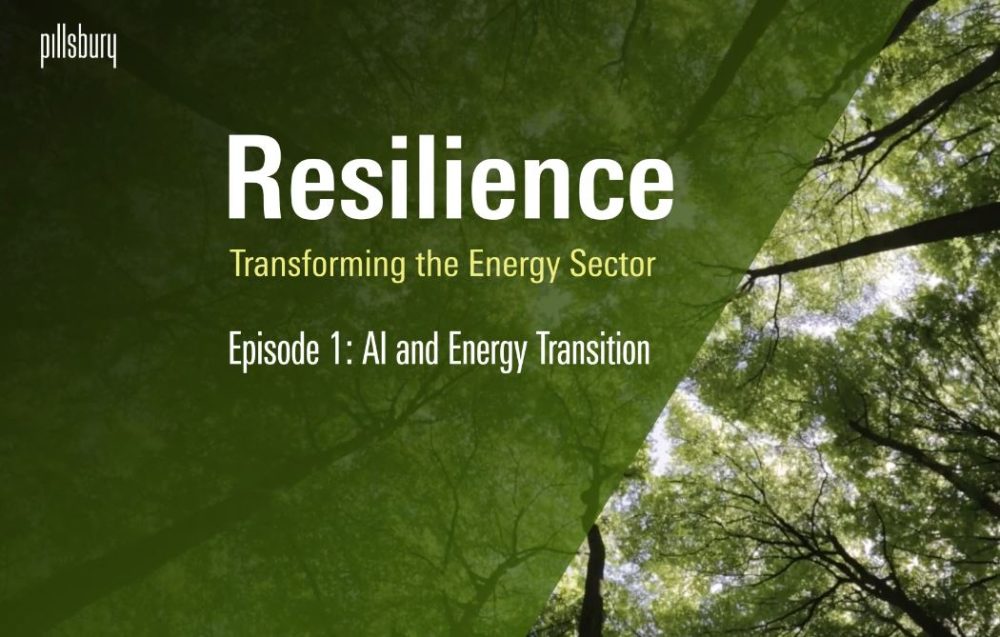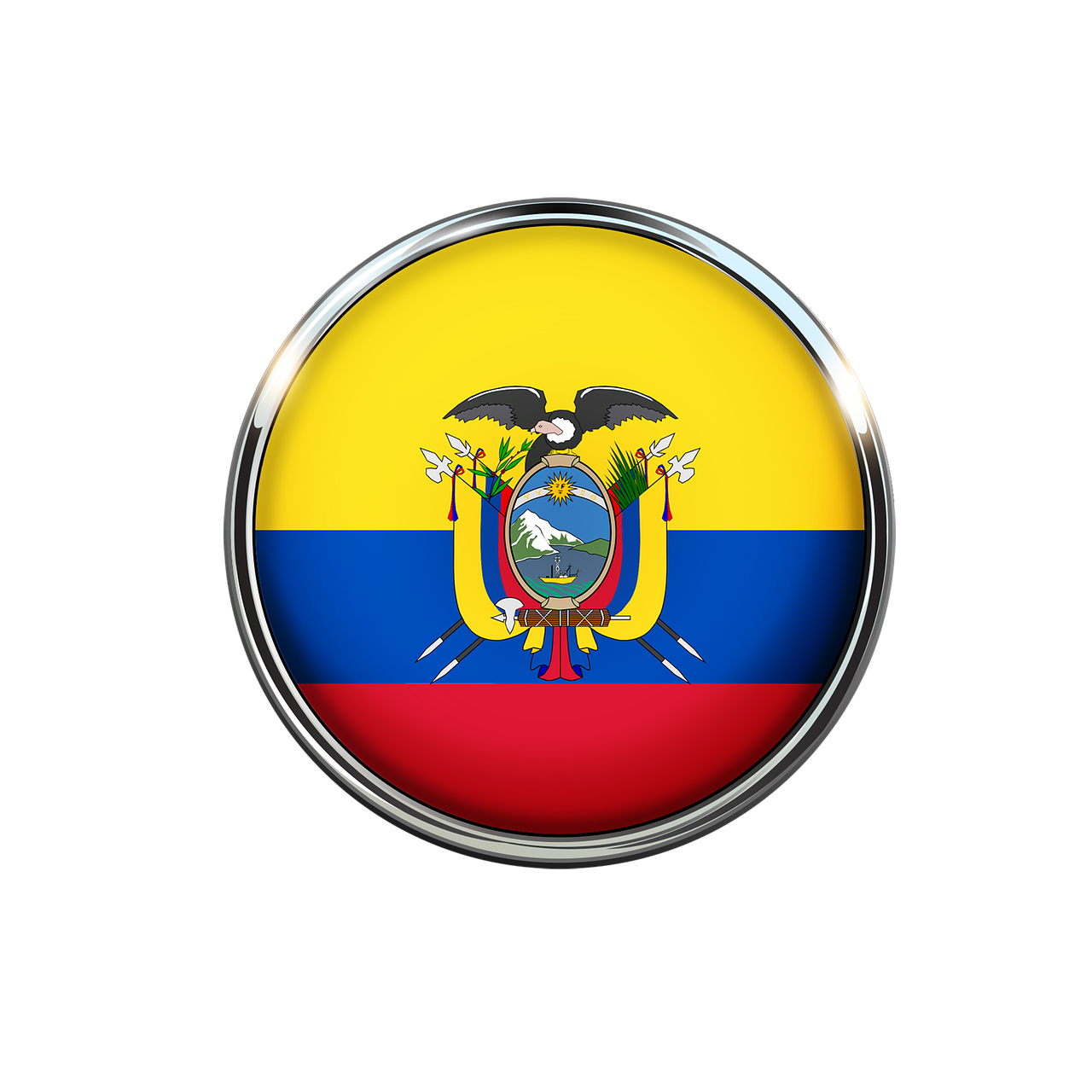The Biden Administration will not renew the Humanitarian Parole program for Cubans and Haitians.
The CHNV parole program was first launched in October 2022 to discourage illegal border crossings. The CHNV parole program was first launched in October of 2022 to discourage illegal border crossings.
It previously allowed qualifying nationals and their immediate members to apply for advanced travel authorization and granted them a temporary period of parole of up to two years for urgent humanitarian reasons.
Individuals were required to have a U.S. based sponsor and pass security checks as part of the application process. After being granted parole in the United States, applicants could apply for an Employment Authorization Document (EAD) from the U.S. Citizenship and Immigration Services is no longer offering the humanitarian parole program. Those who have no lawful basis to remain in the country beyond the parole period will be required to depart or risk being placed in removal proceedings.
According to government data, approximately 538,000 migrants have used the program to travel to the United States (214,000 Haitians, 117,000 Venezuelans, 111,000 Cubans, and 96,000 Nicaraguans).
The first group of nationals who will begin losing their parole status are Venezuelans who arrived in the U.S. through the CHNV program in October 2022. The parole periods of Cubans, Haitians, and Nicaraguans are set to begin expiring early next year.The Department of Homeland Security will begin issuing notices to CHNV parolees instructing them to apply for another immigration benefit or leave the country.
CHNV parolees are encouraged to contact an immigration attorney as soon as possible to discuss their eligibility for other immigration benefits such as Temporary Protected Status and/or discuss a plan of action before the termination of the parole period.
Additionally, USCIS has provided the following guidance for beneficiaries of CHNV parole on its FAQ webpage under the subsection Questions Relating to Beneficiaries.
Q1. Can I apply for reparole after my initial parole period is over?
There are no reparole processes under any of the CHNV parole processes. Parole does not constitute an immigration status. During your period of parole, you are allowed to temporarily remain in the United States, apply for employment authorization, and seek any immigration benefits you may be eligible for that may allow you to remain in the United States in a lawful status or category.
Parole will automatically terminate at the end of your parole period (up to 2 years from the day you were paroled into the United States). If you do not have a lawful status, you must leave the United States immediately. Otherwise, you could be placed in removal proceedings. You may be eligible for certain immigration benefits if your parole expires. You may want explore the immigration benefits at uscis.gov prior to your parole expiring. You can find out the duration of your pardon on your Form I94, Arrival/Departure Records, which you received from U.S. Customs and Border Protection during the inspection at a U.S. Port of Entry when you arrived. You can view and print your most recent Form I-94 anytime at i94.cbp.dhs.gov.
If you need assistance with your immigration matter, please contact our office for a consultation.
Contact Us.
If you would like to schedule a consultation, please text 619-569-1768 or call 619-819-9204.Helpful Links
JOIN OUR NEW FACEBOOK GROUP
Need more immigration updates?
We have created a new facebook group to address the impact of the new executive order and other changing developments related to COVID-19. Follow us there.For more COVID 19 immigration updates, please visit our Immigration and COVID-19 Resources Center here.






